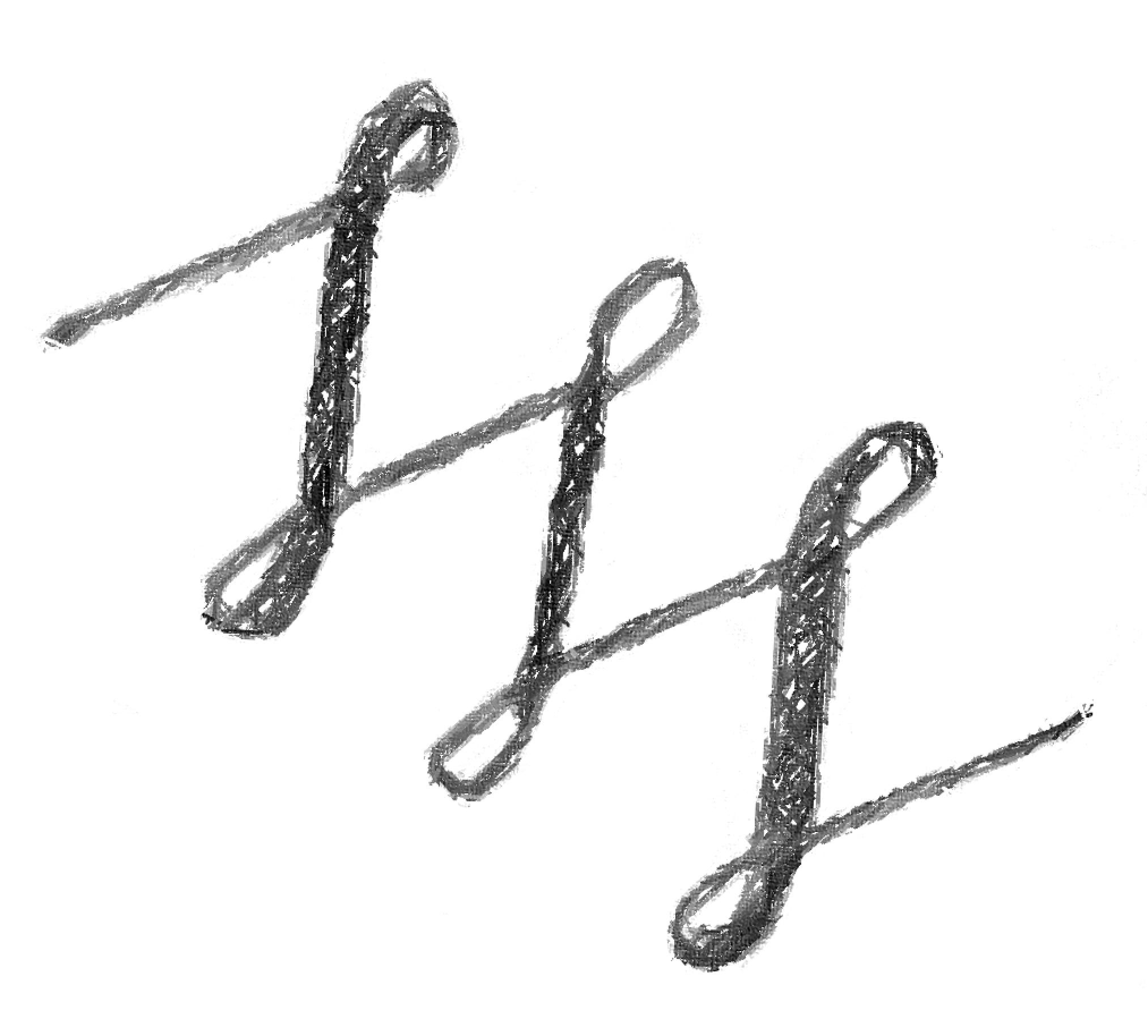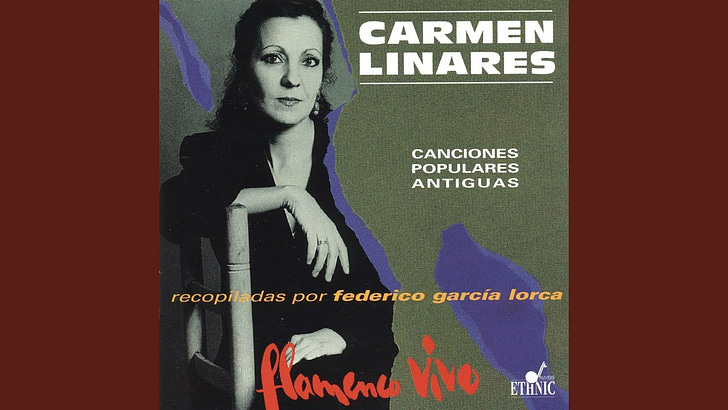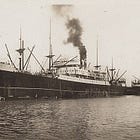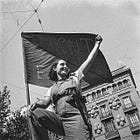Welcome to new subscribers and regular readers! Thank you for joining me for today’s song, “L’estaca” by Lluis Llach. If you’d like to hear the song before you read about it, I’ve included a YouTube video below the article. For Japanese students, vocabulary words in bold are provided in Japanese below. TOEIC (PBT) 450+, Eiken 2, CEFR B1.
(609 words)
A brief summary of the Spanish Civil War
There were basically two sides in the Spanish Civil War (1936-1939). The Right (known as Nationalists) were given weapons by the countries of Germany and Italy. They were led by General Francisco Franco. The rich landowners, factory owners, and the Catholic Church, all wanted to keep Spain’s traditional values. The Falange was the country’s official political party during the Franco era. All of these groups supported Franco.
The Left (known as Republicans), received support from the Soviet Union and somewhat by Mexico. France allowed weapons to cross its border into Spain. The Republican soldiers were made up of factory workers, people who worked on the land, members of trade unions, Socialists, Communists, Anarchists, and the International Brigade of volunteers from 53 countries around the world.
In 1939, the Republicans lost the war, and Franco became Spain’s dictator. Under the dictatorship, many people suffered while landowners and industry benefitted. There was not as much hunger as there had been before and during the war, but there were serious punishments for talking against the Franco government.
Background to the song
L’estaca (The Stake) is a song by Catalan singer-songwriter Lluís Llach. The song became a symbol of resistance against Franco's dictatorship in Spain which lasted from 1939 to 1975.
When he was a child, Llach had a friend. It was the friend’s grandfather, a Republican Left leader, who told Llach many stories. The grandfather (Grandfather Siset in the song) told him about the corrupt system under the Franco dictatorship. Many years later, Llach wrote the song to encourage people to try to pull down the system by pulling this way and that.
The song has an easy tune to remember. The lyrics are about cooperation, resistance, and hope. Many people living under Franco's rule understood its meaning. At first, censors approved the song, but later banned it when they realized its true meaning. At his concerts, Llach was able to play the music, but the government did not let him sing the words to the song. Instead, the audience sang the words so that he would not be arrested. The song became an anthem of protest and is still sung around the world today.
The song
(lyrics taken from the video)
Grandpa Siset spoke with me / In the gateway at dawn
While we were waiting for the sun / Watching the wagons passing by
Siset, don't you see the stake / To which we are all tied?
If we don’t rid ourselves of it / We won't be able to walk away
If we all pull it, it will fall / It will not stand for too long
For sure, it’ll be torn down, down, down
It must be already well rotten
If you pull hard here / And I pull hard there
For sure it’ll be torn down, down, down
And we’ll be able to liberate ourselves
But, Siset, so much time has passed / My hands are blistered
And when I have no more strength / It grows wider and taller
I know very well that it’s rotten / But, Siset, it’s so heavy
That sometimes I have no more power / Please repeat your song
If we all pull it, it will fall…
Grandpa Siset no longer says anything
An evil wind carried him away / — It only knows where to —
And I’m stuck in the gateway
And while the new farm hands pass by
From my throat arises / The last of Siset’s songs
The last one he taught me
If we all pull it, it will fall…
“The journalist Joaquim Vilarnau has counted as many as 250 versions in the last fifty years in almost thirty languages.” (Forti, 2020)
Question
Why do you think this song has been sung in so many languages?
Vocabulary
traditional 伝統的
values 価値観
political party 政党
trade union 労働組合
socialist 社会主義
communist 共産主義
anarchist 無政府主義者
dictator 独裁者
suffer 苦しむ
benefit 利益する
punishment 罰
stake 柱
corrupt system 腐敗したシステム
encourage 奨励する
resistance 抵抗
ban 禁止
arrest 逮捕
anthem 抵抗の歌
gateway 入り口
rotten 腐った
liberate 解放
blistered 手のまめ
farm hand 農夫
arise 立ち上がれ
Sources
Forti, S. (2020). “L’estaca:<i>”</i>transnational trajectories of a Catalan Antifascist Song. Popular Music and Society, 44(2), 139–156. https://doi.org/10.1080/03007766.2020.1820781
Haynes, L. Background reading: The Spanish Civil War. Social Issues in Song. https://www.louisehaynes.com/history/history.html Accessed February 22, 2025.
I believe that education should be free.
All of the articles about the songs will remain free for students to use. (We are all students, are we not?) However, if you find these articles useful and are in a position to make a small (or large) donation, I would be deeply grateful.
buymeacoffee.com/socialissuesinsong
英検2級以上 | 名曲で英語を学ぶ #英検2級 #protestsong #protestmusic #spanishcivilwar #lestaca












